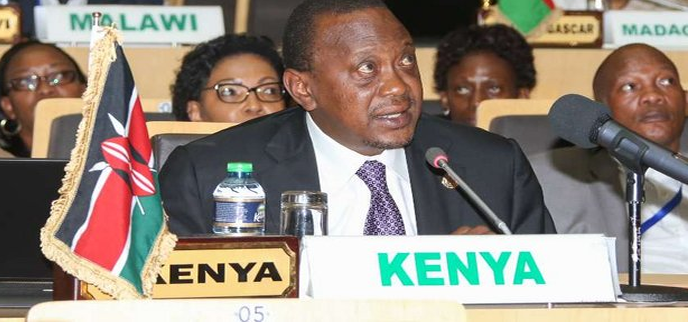Kenya’s meddling in the cases at the International Criminal Court (ICC) could see it ordered to pay reparations to victims of the 2007-2008 post-election violence after the collapse of the crimes against humanity cases facing Deputy President William Ruto and former journalist Joshua arap Sang.
A glimmer of hope for victims shines from the judgment of ICC Judge, Chile Eboe-Osuji, who accused the Government of Kenya of engaging in “a very high profile campaign” to arbitrarily end the case facing Ruto and Sang.
He says that the Kenya Government’s campaign carried with it the reasonable likelihood of intimidating the actual or prospective prosecution witnesses and their families. He further observes that the result of the campaign entailed ensuring that the judicial inquiry did not produce a conviction, which would have made it possible for the accused persons to pay reparations to the victims.
The Kenya Government has filed unsuccessful jurisdictional challenges against the cases at the ICC, and then followed this up with letters and lobbying at the United Nations Security Council for a deferral, as well as a voluble campaign through the African Union to terminate the cases. It has also used its diplomatic influence to seek rule changes at the annual Assembly of States Parties for the past three years to ease conditions for accused persons.
In his judgment, released on April 5, 2016, Osuji asks if a State that meddles in the prosecution of a case at the ICC, in a manner that is reasonably likely to frustrate a prosecution and conviction, has by such conduct meddled itself into the jurisdiction of the ICC for purposes of reparation even when the treaty establishing the court does not explicitly say so.
The judge invited the Common Legal Representative for the victims to make urgent submissions on the matter in his conclusions. It remains to be seen if the victims lawyer Wilfred Nderitu will file submissions to the ICC or seek the opinion of the ICJ as suggested.







